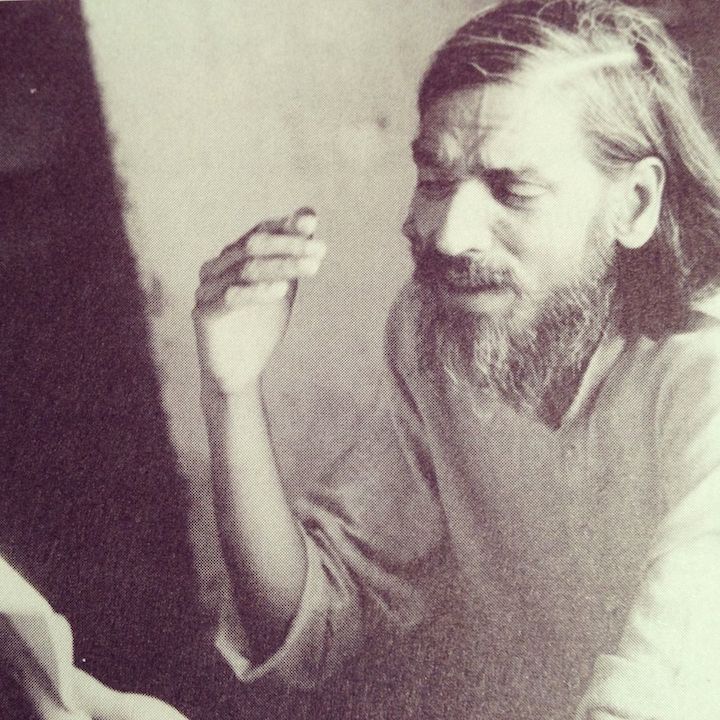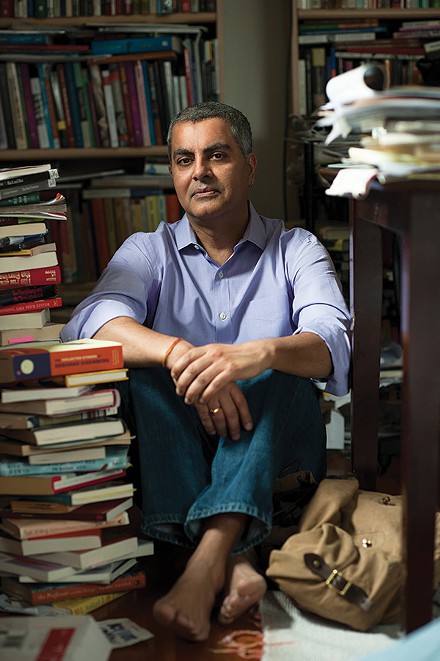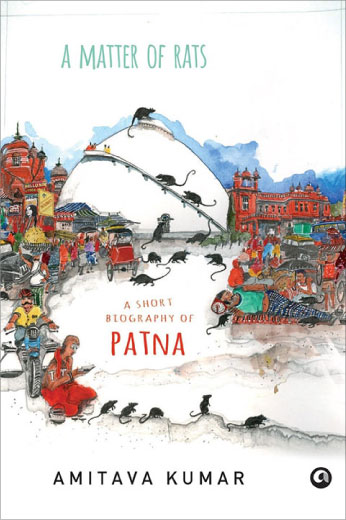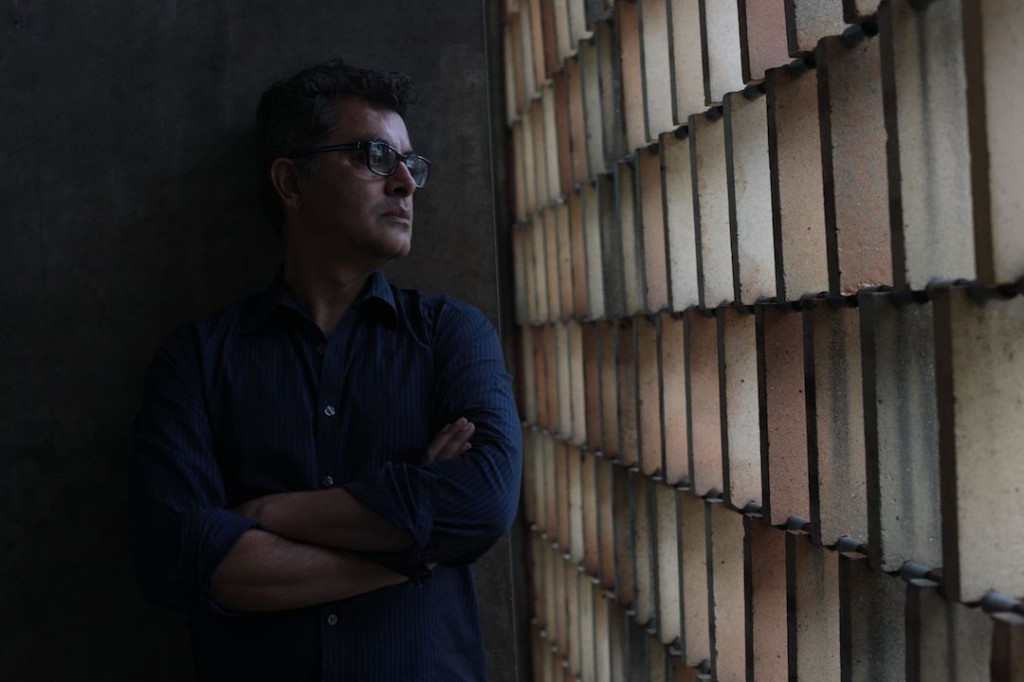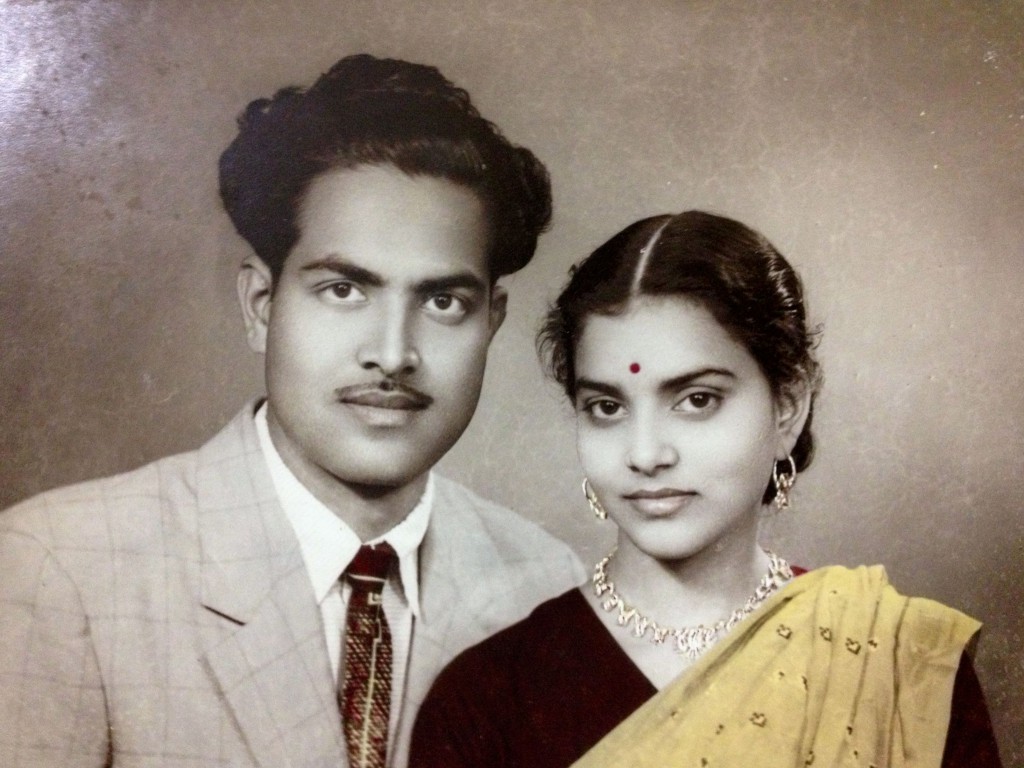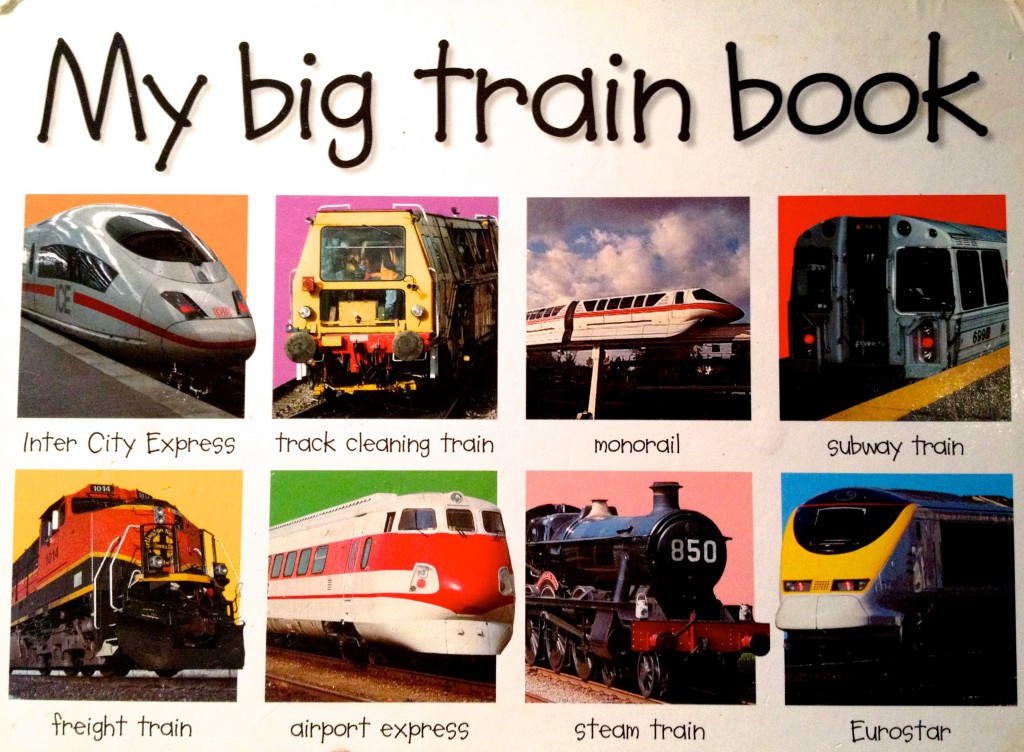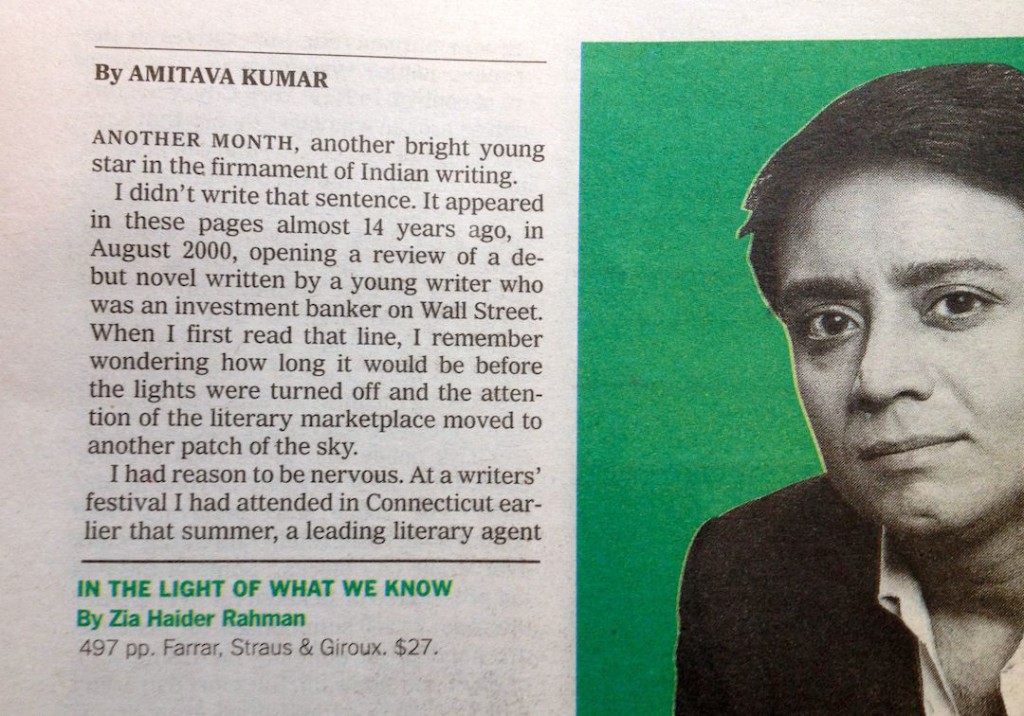
My review of Zia Haider Rahman’s “strange and brilliant” novel in the New York Times Book Review. An excerpt:
Zafar’s narration shifts registers — “this fluctuation from crystal clarity of exposition to a barely restrained fury” — and folds into lengthy but fascinating digressions. Like the narrator of W. G. Sebald’s “The Rings of Saturn,” whose erudite riffing on anything from herrings to the execution of Roger Casement allowed him to make melancholic observations about the horrors of history, the Zafar of Rahman’s strange and brilliant novel is at ease drawing sharp lessons from subjects as varied as derivatives trading and the role of metaphor in determining the fate of pigeons.
